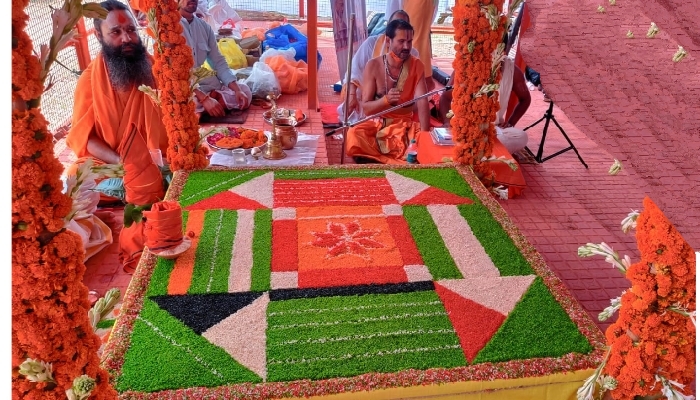New Delhi, Nov 12: The Central Vigilance Commission (CVC) Monday filed its preliminary probe report relating to CBI Director Alok Kumar Verma in a sealed cover in the Supreme Court.
A bench comprising Chief Justice Ranjan Gogoi and Justice S K Kaul took the report on record and fixed the matter for next hearing on November 16.
During the hearing, interim CBI Director M Nageswar Rao also filed report on decisions taken by him since October 23 to 26, when the apex court had ordered for the probe.
Solicitor General (SG) Tushar Mehta, appearing for the CVC, told the court that former apex court judge A K Patnaik supervised the CVC inquiry which was completed on November 10.
The CJI observed that the Registry was open on Sunday also but no intimation was given to the Registrar regarding filing of the report.
Later the SG tendered an apology and said though he was not explaining the circumstances there was delay on their part in submitting the report.
On October 26, the top court had appointed Justice Patnaik to supervise the ongoing inquiry of CVC against Verma.
The apex court had also issued notices to the Centre and the CVC seeking their replies on Verma's petition challenging the government's decision to divest him of his powers as CBI chief and sending him on leave.
Verma's deputy Rakesh Asthana, Special Director CBI, was also sent on leave by the Centre.
The court on October 26 had also set a deadline of two weeks for the CVC to complete the preliminary inquiry against the CBI director.
It had also barred Rao, who has been given interim charge of the CBI, from taking any major decision.
It had said that a list of all the decisions taken by Rao since October 23 including decisions with regard to transfer of investigations, change of investigating officer(s) etc will be furnished to the court in a sealed cover on or before November 12, 2018 whereafter orders as would be appropriate will be passed by the court."
Mehta had said that the CVC has been conducting an inquiry into the allegations made in the August 24 note/letter of the Cabinet Secretary with regard to Verma.
Besides the plea filed by Verma, the court is also seized of the PIL filed by NGO Common Cause, which has sought a probe by special investigation team against CBI officers including Asthana, and had issued notices to the Centre, CBI, CVC, Asthana, Verma and Rao asking them to respond to it by November 12.
Asthana has also moved the Supreme Court with a separate petition in the matter and has sought removal of Verma from the post of CBI Director.
Later, on November 4, Congress leader Mallikarjun Kharge had moved the top court contending that divesting Verma of his statutory powers and functions is "completely illegal and arbitrary".
In an interlocutory application filed in the pending petition, Kharge, who is also a member of the three-member selection committee which appoints the CBI director, said, "As a concerned stakeholder he brings to the attention of the court the brazen and illegal actions" of the political executive in interfering with the independent functioning of the CBI director.






Comments
Add new comment